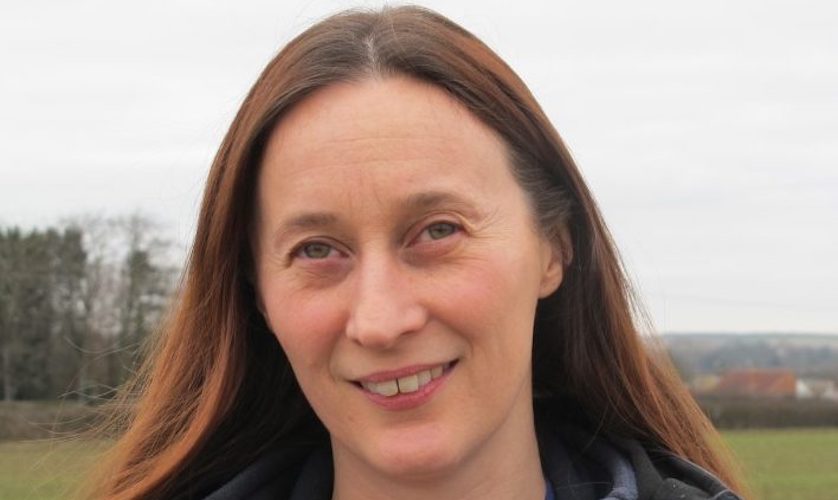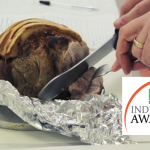NPA calls for more action on pig backlog crisis
The National Pig Association (NPA) has voiced concern over the government’s revised Slaughter Incentive Payment Scheme (SIPS 2022), reporting that there has been “minimal uptake” of government programmes so far.

Introduced in October 2021, the Slaughter Incentive Payment Scheme (SIPS) aim was to increase the throughput of pigs by contributing towards the extra costs involved in operating additional slaughter shifts at abattoirs. SIPS closed on 20th December 2021.
The opening of a revised SIP scheme (SIPS 2022) aims to incentivise processors to maximise the use of additional butchers from January by putting on more shifts than has been possible at the end of 2021.
According to a government statement, revisions to the scheme aims to see the expanding of the permitted cuts of pigmeat slaughtered during a SIPS 2022 shift that go for either export or into the Private Storage Aid (PSA) scheme to include boned-out cuts to align with the PSA scheme. The payment rate for pigs slaughtered during the SIPS 2022 shifts is £10 per pig and the scheme is limited to 100,000 pigs on a first come first served basis.
The scheme’s closing date has been extended from 2nd February to 31st March.
Not delivering
After speaking to a number of processors, NPA has found that only just over 100 butchers have come in so far under the temporary visa scheme since the support package was introduced in November, while there has been “minimal uptake” of both the PSA scheme and SIPS.
The Association has also reported that the pig backlog continues to grow, particularly as extra days were lost over the festive period – and is now estimated to stand in the region of 140,000. The situation has recently been compounded by Covid-related absences in pork plants, putting further pressure on throughputs.
Average carcase weights have continued to rise, now topping 95kg, nearly 9kg heavier than two years ago. In some plants, deadweight averages are coming out much higher than that. The NPA is aware of 35,000 pigs that have been culled so far, however the Association said that this is likely to be an under-estimate.
“The problem is getting worse”
NPA chief executive Dr Zoe Davies said: “So far, Defra’s support package, while well-intentioned, has not delivered at all on its primary aim of reducing the pig backlog.
“In fact, the problem is getting worse, the backlog is growing, and contingency plans on farm are being exhausted. We are seeing more and more producers having to resort to the horrific step of culling and destroying pigs just to make space.”
She continued: “We need to see more urgency and greater commitment across the supply chain in addressing this industry-wide crisis, and we need to see more support from Defra in ensuring these measures deliver on what they are actually intended to do.
“If processors took what they were contracted to take at least this would start to alleviate some of the pressure.”
Davies explained that producers were dealing with a “dire” financial situation, underpinned by record feed costs and falling prices, and exacerbated by having to feed heavier pigs on farm for longer.
She added: “If we don’t see an improvement, we will lose more and more of our production and there will not be enough British pork to satisfy what remains very healthy domestic demand.”

 Prestigious Food Awards competition nears deadline for product entries
Prestigious Food Awards competition nears deadline for product entries MULTIVAC acquires TVI
MULTIVAC acquires TVI
